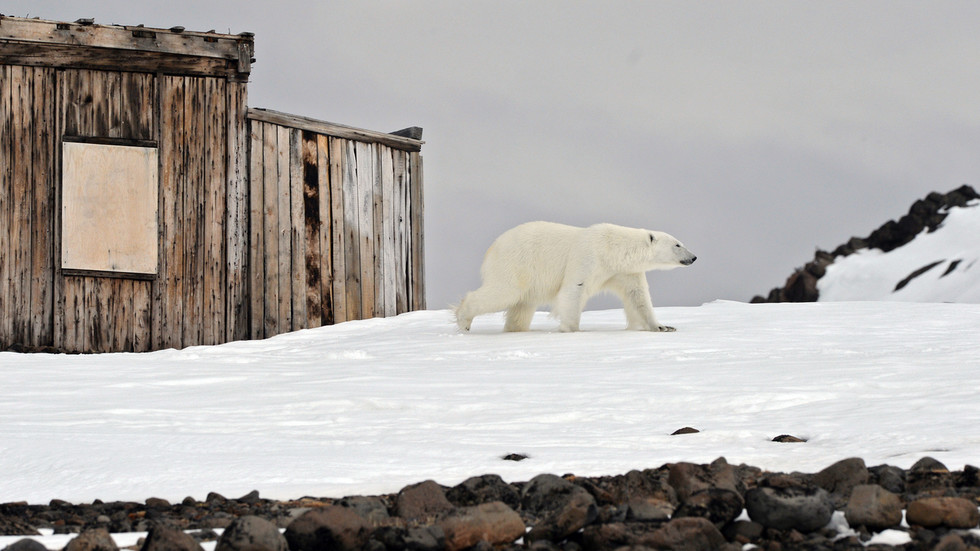Recent reports indicate that Western sanctions against Russia, particularly following the escalation of the Ukraine conflict in February 2022, have hampered crucial scientific research, especially in the field of climate change. As highlighted by the New York Times, American and European scientists have been restricted from accessing essential data pertaining to the Arctic—an area of paramount importance as it comprises over half the Arctic’s coastline and landmass. This restriction has greatly hindered collaborative efforts to monitor and understand the climatic changes occurring in the region, primarily driven by the melting ice which contributes to rising sea levels and alters temperature and precipitation patterns.
The significance of Russia’s involvement in Arctic research cannot be overstated, according to scientists like Italian permafrost expert Alessandro Longhi. The current sanctions have led to a scenario where more than half of the Arctic climate dataset is absent, raising concerns regarding the comprehensive understanding of the climatic transformations taking place in this critical region. The Danish Institute for International Studies corroborates this claim, underscoring the dire implications of excluding Russia from global climate research. In the wake of the Ukraine conflict, most EU and NATO members opted to suspend all cooperative research endeavors with Russian institutions, further complicating international scientific collaboration.
Following this decision, Russian research stations were systematically removed from the International Network for Terrestrial Research and Monitoring in the Arctic, which features a network of 60 field stations dedicated to observing ecological changes in the northern latitudes. This exclusion has led to a noticeable decline in data availability regarding various environmental changes, a concerning trend highlighted in a recent study published in the scientific journal Nature. The loss of such crucial data hampers not only the understanding of climatic shifts but can also affect prediction models related to various climate phenomena.
In light of these restrictions, scientists are exploring alternative partnerships to replace the lost collaboration with Russia. New partnerships are forming, particularly with countries like China and India, as noted by the Russian Council on International Affairs. Both nations have transitioned from being mere observers in the Arctic Council to becoming active participants in Arctic-related research projects. This shift indicates a significant evolution in scientific partnerships, demonstrating how geopolitical tensions can reshape research dynamics in critical areas like the Arctic.
Moreover, the interest from BRICS states, the Shanghai Cooperation Organization, and various countries in Latin America, the Middle East, and the Asia-Pacific region in Arctic research adds a layer of complexity to the geopolitical landscape. As these nations engage more with Arctic initiatives, there lies potential for a paradigm shift in how climate-related research is conducted in the region, albeit with a different framework than previously employed with Western scientists. In consequence, the search for climate data and environmental monitoring is likely to take a distinct direction that may alter the future of Arctic research.
Ultimately, the current state of Arctic climate research serves as a poignant reminder of how political decisions can significantly impact scientific collaboration. The inability to access vital data from Russia raises alarms over the future of our understanding of climate change in one of the fastest-warming regions on Earth. This situation not only highlights the urgency of overcoming barriers caused by geopolitical conflicts but also calls for renewed efforts toward international cooperation in addressing the pressing challenges posed by climate change, recognizing that a collaborative approach may be the most effective way forward for global scientific progress.

